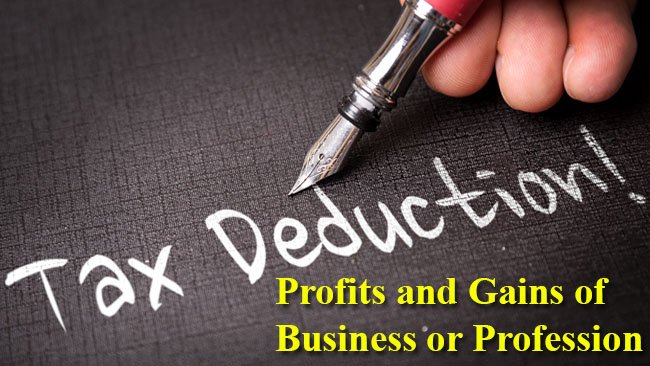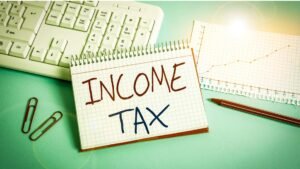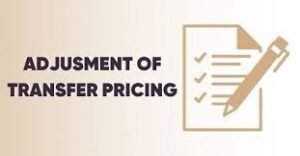https://www.sahiprojectreport.com/Professionals in various fields, such as law, medicine, accountancy, and more, play a crucial role in the economy. The Income Tax Act, 1961, recognizes the unique nature of their income and provides specific definitions and guidelines. In this blog, we explore Section 2(36) of the Income Tax Act, which defines “profession,” and understand its implications for taxation.
What is a Profession?
Under Section 2(36), the term “profession” includes:
- Vocation: Any activity pursued as a livelihood, often requiring special knowledge or skills.
- Artistic and Scientific Fields: Professions involving intellectual or creative expertise, such as artists or scientists.
- Legal, Medical, and Other Recognized Professions: Established professions such as lawyers, doctors, engineers, chartered accountants, and architects.
This broad definition ensures that all forms of specialized services are adequately covered under the Act.

Why is the Definition of “Profession” Important in Taxation?
The definition of “profession” serves as a foundation for understanding the taxation rules applicable to professional income. Here’s why it matters:
- Taxable Income
Income earned from a profession is chargeable under the head “Profits and Gains of Business or Profession” as per Section 28. This ensures that professionals are taxed on their earnings, similar to businesses. - Books of Accounts
Certain professionals, as specified under Section 44AA, are required to maintain prescribed books of accounts to ensure proper reporting and transparency. - Presumptive Taxation
Professionals can opt for the presumptive taxation scheme under Section 44ADA, provided their gross receipts do not exceed ₹50 lakhs in a financial year. This simplifies compliance for small-scale professionals.
Detailed Analysis: Link to Section 28
While Section 2(36) defines the term “profession,” the actual taxation of professional income is governed by Section 28, which falls under the head “Profits and Gains of Business or Profession.” Section 28 outlines:
- What constitutes professional income.
- Allowable deductions for professionals, such as expenses incurred for their practice.
- Taxability of receipts like consultation fees, retainers, and other professional earnings.
For an in-depth understanding of taxation provisions, refer to Section 28.
Practical Implications for Professionals
- Mandatory Record-Keeping
Professionals specified under Section 44AA (e.g., doctors, lawyers, accountants) must maintain books of accounts if their gross receipts exceed certain thresholds. - Deductions
Professionals can claim deductions for expenses incurred during their practice, such as rent, salaries, and equipment costs. - Compliance with Presumptive Taxation (Section 44ADA)
If opting for presumptive taxation, professionals can declare 50% of their gross receipts as taxable income, simplifying the process while ensuring compliance.
Case Laws on the Definition of “Profession”
Several landmark judgments have clarified the scope of “profession” under the Income Tax Act:
- CIT v. Manmohan Das (Deceased)
The court held that a profession involves the application of intellectual or manual skills, often requiring specialized training or education. - Barendra Prasad Ray v. ITO
The Supreme Court ruled that practicing advocates and other skilled professionals fall within the definition of “profession.”
These rulings provide further clarity and legal precedent for understanding the term.
FAQs on Section 2(36) of the Income Tax Act
Q1: What is the meaning of “profession” under the Income Tax Act?
A: “Profession,” as defined under Section 2(36), includes any vocation, artistic or scientific pursuit, or recognized profession such as law, medicine, engineering, accountancy, and more.
Q2: How is professional income taxed?
A: Professional income is taxed under the head “Profits and Gains of Business or Profession” as per Section 28 of the Income Tax Act.
Q3: Do professionals need to maintain books of accounts?
A: Yes, professionals specified under Section 44AA must maintain prescribed books of accounts if their gross receipts exceed certain thresholds.
Q4: Can professionals opt for presumptive taxation?
A: Yes, professionals can opt for the presumptive taxation scheme under Section 44ADA if their gross receipts do not exceed ₹50 lakhs in a financial year.
Conclusion
Understanding the definition of “profession” under Section 2(36) is crucial for professionals to comply with taxation rules effectively. From maintaining records to opting for presumptive taxation, the Income Tax Act provides a comprehensive framework for professionals to manage their tax obligations. For more insights into taxation and compliance, stay updated with our detailed blogs at SmartTaxSaver.



